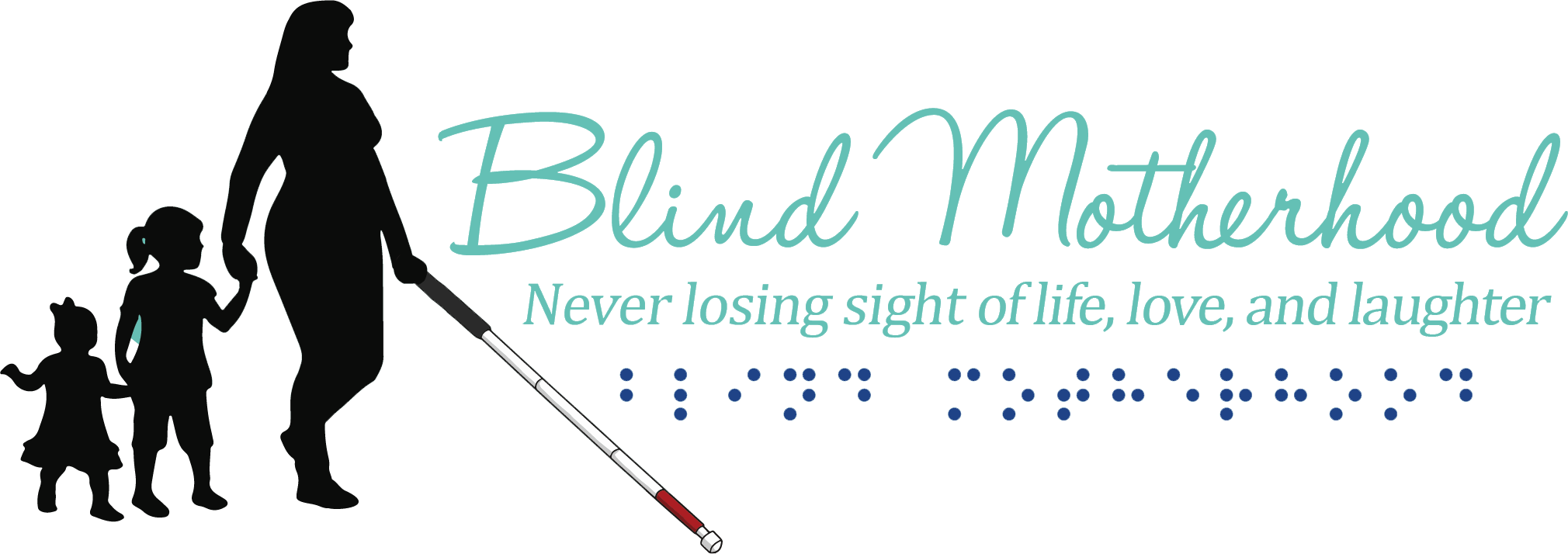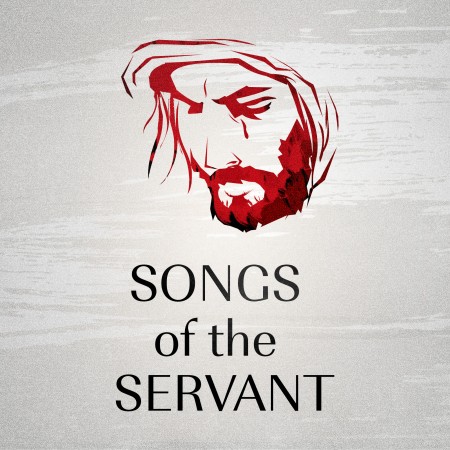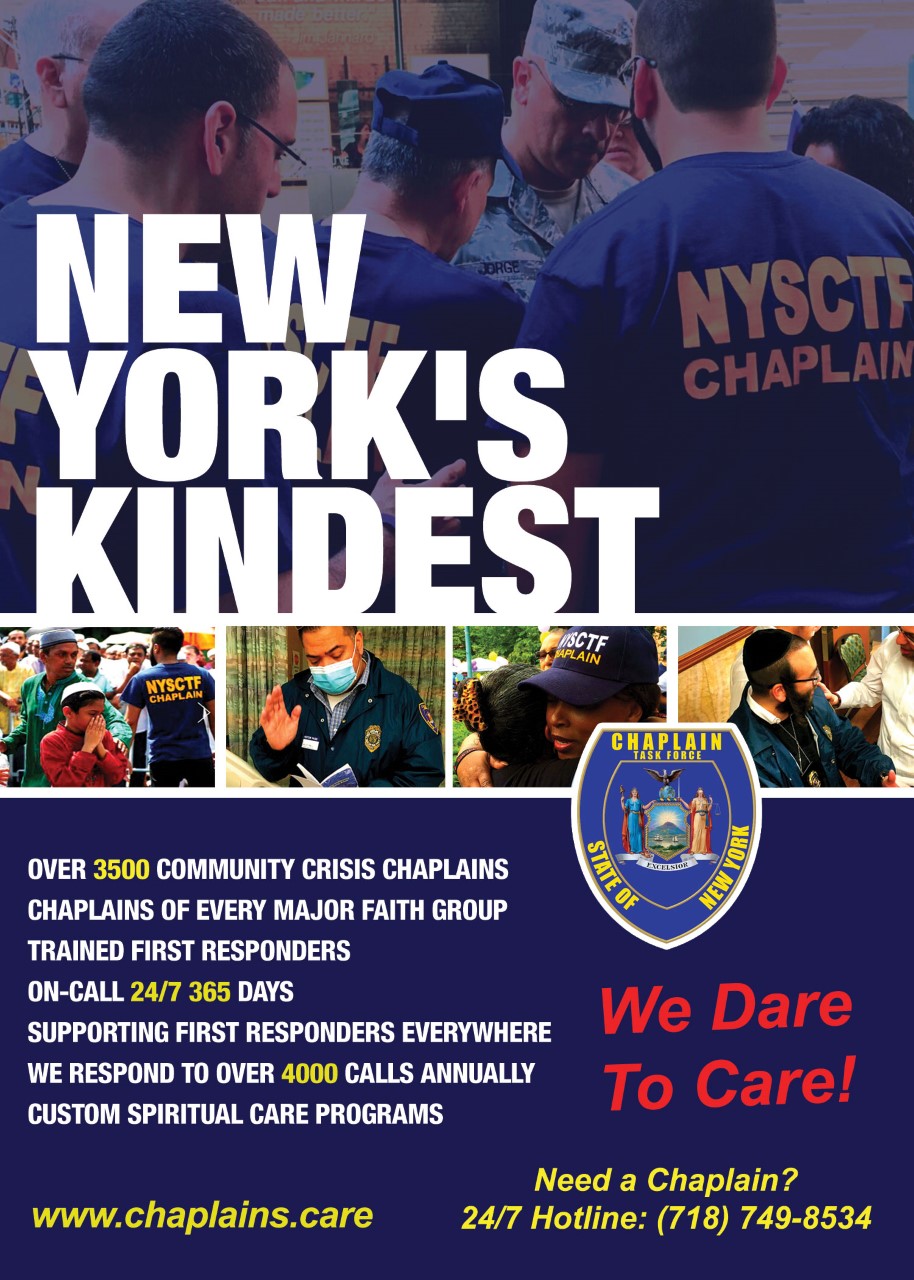Throughout the Bible, God’s followers have experienced suffering in numerous forms – persecution, slander, emotional turmoil, and even physical pain. In such cases, suffering is accepted as service to God, albeit a self-sacrificing service. The picture of the suffering of our Lord is nowhere more poignantly epitomized than in the prophecy of Isaiah, Chapter 52:13-53:12, recognized as the fourth installment of the Servant Songs.
While the term “servant” can be used to describe God’s agents chosen to do His work in the world, one must consider the context of the preceding verses embedded within the other three Servant Songs to fully decipher the biblical significance of Isaiah. The first song 42:1-4, calls the Servant to “bring justice to the nations.” The prophet speaks of “two” servants since it is quite clear that there are two different servants being referred to in this chapter. One Servant is Israel, which is described as the blinded servant living in spiritual darkness (Isaiah 42:18-20). The other Servant is King Messiah, who is called not only a light of the Gentiles but also a covenant of the people (Isaiah 42:6). This first song does not, however, mention what this covenant is.
The second of the four servant songs (49:1-6), further defines the Servant’s mission, tasking them with “raising up the tribes of Jacob, and to restore the survivors of Israel” (49:6a). God says, “I will give you as a light to the nations, that my salvation may reach to the end of the earth” (49:6b). Furthermore, the prophet illustrates the nation of Israel will despise God’s servants but does not provide a reason for this detestation.
The third song (50:4-9) does not use the word “servant,” but nevertheless describes the work and tenacious faith of the Servant, thereby contrasting Israel’s sin with the Servant’s obedience. God has given the Servant the “tongue of a teacher” (50:4) and an ear to both hear God’s word and the people (50:5). The despised and rejected Servant experiences violent opposition, but remains faithful stating “the Lord God helps me” (50:7-9).
The three previous Servant Songs flow directly into the fourth. The construction of Isaiah Chapter 52:13-53:12 is presented within a poetic passage divided into five stanzas, containing three verses each. The first stanza (52:13-15) forms a prologue for the poem as a whole. The second (53:1-3) and fourth stanza (53:7-9) describes the sufferings of the servant, while the third (53:4-6) and fifth stanzas (53:10-12) interpret the events that are described, within those first and third stanzas respectively.
Isaiah 52:13-53:12 depicts a human being, a servant of God, at what seems to be the very lowest point of his life. The poem begins with a call to “See” thus inviting readers to observe the drama as it unfolds. Within the prologue, the prophet Isaiah asserts (on behalf of God) that the Servant of the Lord would ultimately be “exalted” (v.13). However, this will only occur after intense personal suffering. As depicted in Verse 14, the physical appearance of the Servant is almost sub-human, “beyond human likeness.” No one, not even kings, (52:15) will have anticipated his exaltation.
Within the second stanza (53:1-3), we learn two key pieces of insight into the Servant. First, God’s might will be revealed in a seemingly inconsequential human being. Using a plant as a metaphor, Isaiah states the Servant will not come from an affluent lineage, a stark contrast to the ancestry of traditional kings. Rather, he will be raised “a root out of dry ground” (53:2). Secondly, having identified the Servant as a king, Isaiah reveals He will not look like traditional royalty. The Servant will possess “no form of majesty” to attract us to him. The dichotomy between the Servant’s appearance and His true identity is bewildering. Despite this, the verse reaffirms He will be made to suffer greatly.
In the third stanza (53:4-6), Isaiah turns from describing the details of suffering for the Servant to interpreting the meaning of these sufferings. Despite the general population’s belief that “we accounted him stricken, struck down by God,” (53:4) for his own indiscretions, he was actually paying the penalty of the sins of the people. Isaiah indicates God’s people have “gone astray” (53:6), and the Servant has been tasked by God to balance this inequity through great suffering.
The fourth stanza (53:7-9) echoes the theme of the second stanza, describing the suffering of the Servant, illustrating four key elements that occur and three distinctly similar responses that are repeated within the text. First, the Servant was “oppressed.” Second, he was “afflicted.” Both these words imply a degree of mistreatment, humiliation, shame, and scorn. Third, He will die, being lead to His death “like a lamb to the slaughter” (v.7). Finally, He was sheared, “like a sheep before its shearers,” indicating the Servant is stripped of not only His clothes, but His friends, His honor, and perhaps even His divine protection. Despite each of these indignities, the Servant’s response is always silence, patience, and acceptance. The Servant does not protest God’s will.
In the fifth and final stanza (53:10-12), there is a concerted shift from discussing the details of the Servant’s suffering to an interpretation of the significance of these events. It is in these final lines we learn the death of the Suffering Servant is a reparation offering, not for his own sins, but for the sins of many. We know that His death was no accident, but part of God’s plan. It was also intentional on the part of the Servant. “Because He poured out Himself to death and was numbered with the transgressors, yet he bore the sin of many, and made intercession for the transgressors” (v.12). Ultimately, the Servant is exalted by God through his suffering.










